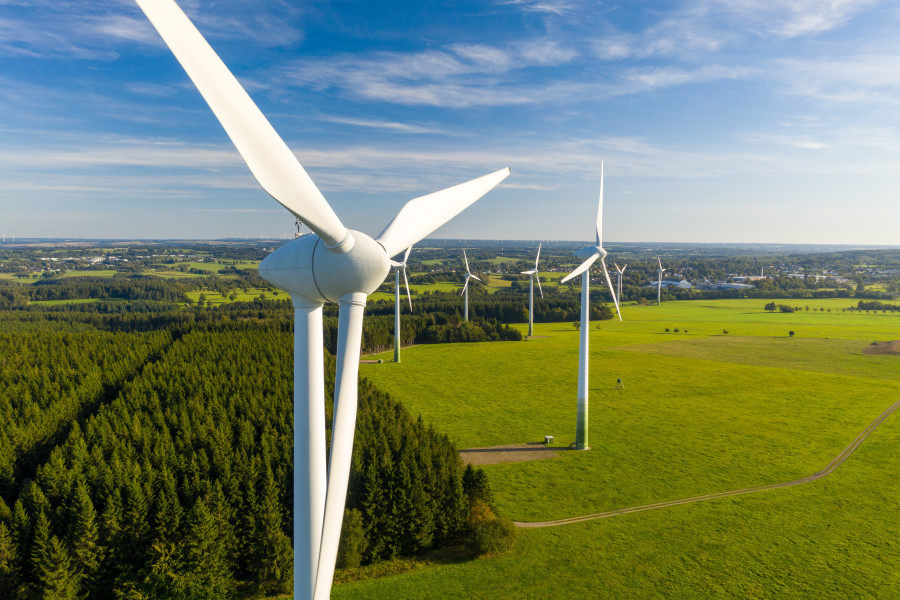On 8 May 2024, the Independent Planning Commission (IPC) granted development consent to French renewable energy developer Neoen for the 192MW, $373 million Thunderbolt Wind Farm in the New England Renewable Energy Zone (NE REZ) (the Project), subject to conditions.
The Project comprises, in summary, 32 wind turbines with a maximum height tip of 260m and a maximum blade length of 90m. A copy of the consent is available here.
The Project is located in the local government areas of Tamworth and Uralla and within the NE REZ.
The Project received approval earlier this year from the NSW Department of Planning, Housing and Infrastructure (Department), but after receiving more than 50 objections it was automatically referred to the IPC. Uralla Shire Council was included in the long list of objections.
The Department prepared an assessment report for the IPC, recommending approval subject to conditions. The application was also subject to a public hearing.
As outlined in the IPC's Statement of Reasons (Reasons) (available here), in undertaking its assessment under s4.15 of the Environmental Planning and Assessment Act 1979 (EP&A Act) there were four key issues, each of which the IPC found can be dealt with by way of condition. Those key issues were:
- biodiversity (in the form of "threatened flora and fauna and biodiversity offsets" and "bird and bat strike")
- visual impact
- traffic and transport
- noise and vibration (both construction and operational).
Several ancillary issues were also considered by the IPC in its assessment.
In addition to finding that the environmental impacts of the Project can be managed by way of condition, the IPC included the following in its Reasons:
- The Project is consistent with the existing strategic planning and energy framework as it will deliver up to 192 MW of renewable energy, contributing to the transition to lower emissions energy generation;
- The Site is suitable for renewable energy development given its location within the New England REZ and proximity to existing electricity transmission networks;
- The Project is consistent with ESD principles (Economically Sustainable Development) and would achieve an acceptable balance between environmental, economic and social considerations; and
- The Project is in the public interest.
The IPC's Reasons also consider the "strategic context" of the Project and cite a number of current policies such as the NSW Electricity Infrastructure Roadmap and the NSW Wind Energy Framework.
The fact that the Project is, in the IPC's view, consistent with the "existing strategic planning and energy framework" documents, clearly formed a key part of the IPC's assessment.
While each application must be assessed on its merits, the IPC's reasoning and willingness to conditionally approve an application which was subject to significant community and council opposition, may represent a shift in the way consent authorities deal with development applications for renewable projects within the various REZs within NSW. With a significant number of development applications currently under assessment, the Project's development consent will undoubtedly be good news for developers in the renewable energy industry.
We continue to assist a broad range of players in this space. Please reach out if we can assist your business navigate the evolving world that is energy transition.
All information on this site is of a general nature only and is not intended to be relied upon as, nor to be a substitute for, specific legal professional advice. No responsibility for the loss occasioned to any person acting on or refraining from action as a result of any material published can be accepted. Lander & Rogers is furthermore committed to providing legal advice and content that is factual, true, practical and understandable. Learn more about our editorial policy.
 Client portal
Client portal














